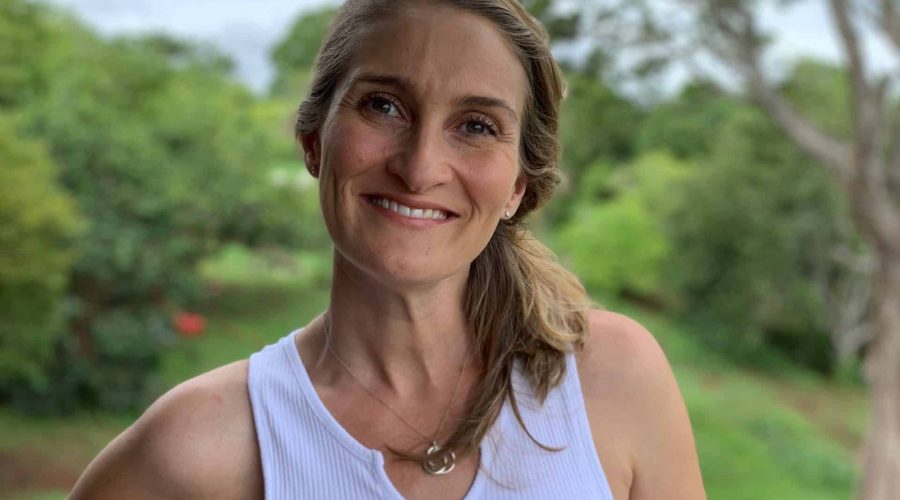Progress towards a financially equal society is not simply a feminist want. It is a necessary evolutionary need of future generations.
That’s been a key learning for me in analysing gender statistics for the latest Financy Women’s Index – a report card on women’s progress towards economic equality in Australia.
What’s clear is that the financial vulnerabilities and on-going inequalities faced by many Australian women has been exposed by the Coronavirus during 2020.
Early on in the pandemic, female joblosses outnumbered male as key industries went into lockdown, homeschooling was introduced and social restrictions were enforced.
However as restrictions were eased, female employment growth has recovered at a faster rate than male. This finding is something that helped to lift the Financy Women’s Index, which measures women’s financial progress towards equality with men, by 2.2% to 74.1 points in the September quarter from a revised 73.3 points in June.
Whilst this result gives us more reason to feel optimistic as we approach the end of 2020, the situation remains highly volatile and time will tell as to whether COVID-19 has short or long-term impacts on economic equality.
What we know is wherever gender gaps existed before the crisis, they have persisted during it, and in many ways, the advancement of Australian women has circled back in time.
The number of women engaged in part and full-time work today is similar to that seen 12 to 18 months ago, the number of women studying educational courses after High School is where it was two years ago, the gender pay gap is where it stood this time last year and there is uncertainty about what the gender gap in unpaid work will look like because of COVID-19 and women’s long-term financial security, as measured through superannuation.
Men have also been affected with full-time employment numbers back to where they stood about two years, whereas part-time work numbers are at a record high.
The gender gap in education enrolments, which currently is in favour of women, also appears to be narrowing as more men look to boost their qualifications during the pandemic. Now you might argue, why focus on women in an economic sense, when everyone is affected by the pandemic?
The issue is we are not operating from an equal base and historically, crises including the one we are in, have a habit of exposing our underlying vulnerabilities.
Now this may not be a problem in a society where the desire for equality involves recognising that women and men have very different needs and wants when it comes to career and family.
But in Australia, where birth rates are declining, longevity is increasing, marriages are being delayed or avoided, where we have seen female employment and education growth outpace that of male for two decades, it’s clear that the traditional gender lines have changed among younger generations.
The biggest thing we can do now as a society is get with the program.
We are at a point, that if we don’t support the recovery of women in the working economy, that we will fail future generations, who unlike many of us, have grown up expecting a fairer world, which involves equal treatment and opportunity at work and in the home.
So in that sense, advocating for a financially equal society is not a feminist want, it is a need driven by a moral obligation to younger generations, to leave the world in a better place than when we found it.












